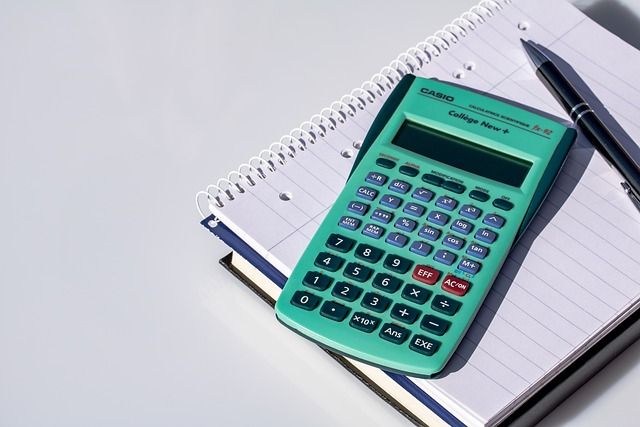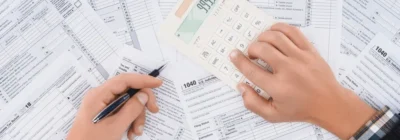The supplementary tax declaration and its scope of application
Patrick Gordinne Perez2024-05-09T17:39:40+00:00The supplementary tax return is a solution offered by the Tax Agency, with the aim of correcting errors contained in the tax return, without this resulting in fines or penalties. In this post we explain everything you need to know about the supplementary return and its common use.
What is the supplementary declaration
A complementary tax return in Spain is a correction or adjustment to a previously filed tax return. It is used when a taxpayer discovers that he/she made errors or omissions in a previous return and needs to correct them. This complementary return is filed to modify, add or rectify the information contained in the original return, ensuring that tax obligations are correctly met.
The supplementary return affects any taxpayer who has made a mistake on their tax return, whether an individual or a company. For example, if an individual forgot to include income or a deduction in their tax return, or if a company realised that they did not correctly declare VAT, they can file a supplementary return to correct the error.
It is important to note that supplementary returns are subject to time limits and may involve late payment interest or penalties, depending on how much time has passed since the original return was filed and whether the error resulted in an underpayment of tax.
When to file a supplementary declaration
In Spain, a complementary declaration is filed within a certain period of time, once the declaration period has started. The complementary return is filed as soon as the error is detected, but it is important to note that there may be deadlines and penalties associated with it. Although it may vary depending on the year, the period for the complementary return usually ends on 30 June.
The usual grounds for filing a supplementary declaration
The following are some of the most common reasons why a company or self-employed person may file a supplementary tax return.
- Undeclared income
One of the most common reasons for filing a supplementary tax return is forgetting or making a mistake in the income declaration. This can occur if some type of income has been forgotten to be declared or if a mistake has been made in the calculation of the total income received. For example, a company may receive additional payments after filing its return, or a self-employed person may have forgotten to include a payment from a client.
- Incorrect deductions or allowances
Another frequent reason is the incorrect use of deductions or allowances. Businesses and self-employed persons may have claimed deductions to which they were not entitled, or have incorrectly calculated the total deductions. For example, non-deductible expenses may have been included or legitimate deductions, such as business-related expenses, may have been omitted.
- Errors in the VAT return
Errors in the VAT return are another common cause for filing a supplementary return. This can include errors in the calculation of the VAT payable, omissions in the invoices declared or errors in the application of VAT rates. Self-employed persons and businesses handling multiple invoices and transactions often face such problems.
4. Changes in the tax situation
Changes in tax status, such as changes in company structure, acquisitions or mergers, may lead to the need to file a supplementary return. For example, if a company merges with another company, tax returns may need to be amended to reflect the new structure and obligations.
5. Review of documentation
Internal review of accounting and documentation may reveal errors or omissions in previous returns. Internal or external audits may identify discrepancies, leading to the filing of supplementary returns to correct the errors discovered.
6. Voluntary rectification
Finally, companies and self-employed individuals may choose to file a supplementary return on a voluntary basis to correct errors before the tax administration initiates a review. This is often beneficial as it can reduce penalties or interest associated with errors or omissions.
Filing a supplementary declaration in favour of the owner of a company or self-employed person
When we talk about complementary tax returns, we usually think of errors that go against the taxpayer’s interests, however, it is possible to file a complementary tax return in favour. This occurs when, after filing a tax return, it is discovered that more than the amount due has been paid, in this case, a complementary return is filed to correct the information and request a refund of the amount overpaid.
For example, if a company or self-employed person forgets to include a deduction or allowance to which they are entitled, they can correct the error by filing a supplementary tax return. It is important to note that this return must be filed within the deadline to avoid losing the right to a refund.
At Asesoría Orihuela Costa we provide you with all the tools you need to optimise the results of all your tax returns.






